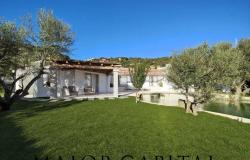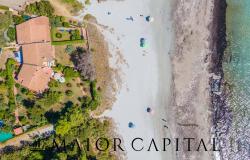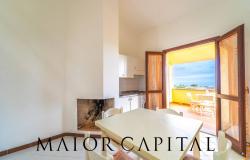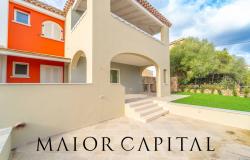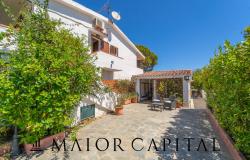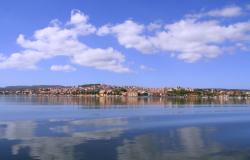A new levy slapped on yachts mooring in Sardinian ports as part of 'luxury taxes' imposed by the island's administrators has backfired, according to Italy's boat-builders' association.
The tax, which was applied from June to September, yielded only 2 million euros while the cost of setting up the office to handle it was 5 million, the UCINA association claimed, citing "unofficial" statistics. "This levy has been counterproductive for the local
economy," UCINA chief Anton Francesco Albertoni said, noting that there had been a 60% surge in yachts mooring in southern
mainland ports over the summer.
"Sardinia would do better to promote its ports and coasts rather than punishing people that go there," he said during the presentation of the Genoa international boat show. The tax on yachts bigger than 14 metres caused such resentment among many customary VIP visitors to Sardinia that some of them staged a boycott, taking their boats to the coasts of Puglia, Sicily or Liguria.
Under the levy pushed through by Sardinia's centre-left governor Renato Soru, owners of yachts between 14m and 16m paid 1,000 euros for mooring, with rates rising to a maximum of 15,000 euros levied on boats over 60m. Boat owners had to pay even for a one-day visit, and within 24 hours of arriving on the island. Albertoni said he had invited Soru to attend the Genoa show in order to discuss the tax but had received no reply.
The yacht charge was just one of a packet of taxes targeted at well-heeled visitors. Other levies affect the owners of holiday homes and private planes. Flamboyant millionaire playboy Flavio Briatore declared war on the measures early in the summer, saying that they would drive away the rich and glamorous people who created income for the island.
he Renault Formula One team chief held a "protest party" against the taxes at his exclusive Billionaire nightclub on the famed Emerald Coast in August. "Wealth is not a crime... The luxury taxes will bring money and development to France, Greece, Spain and Croatia but definitely not to Sardinia," he said.
Soru, who was elected in 2004, argued that the taxes will help conserve Sardinia's natural resources and will boost the flagging local economy. He said it was "fair" to ask people who benefit from Sardinia's beauty and natural resources to contribute to
maintaining them.
The property tax applies to all second homes built within three kilometres of the sea with the amount starting at 900 euros per year for a 60sq building and rising in accordance with size.
